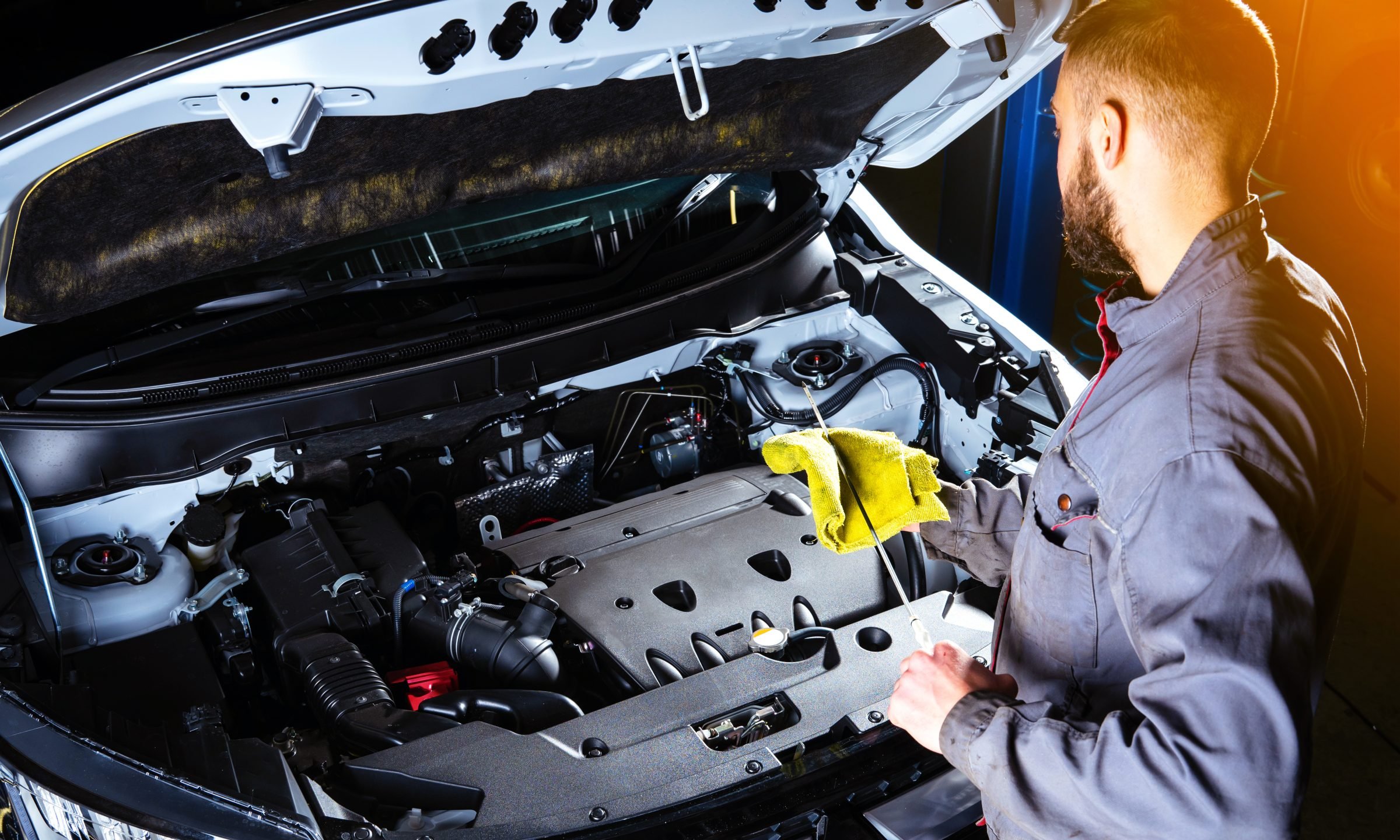All Categories
Featured

The exhaust system in your car plays a crucial duty in keeping engine effectiveness, decreasing exhausts, and boosting total performance. Over time, nevertheless, the exhaust system is subjected to extreme problems, including severe temperatures, wetness, and road particles, which can lead to rust, corrosion, or also failing.
- Routine Evaluations and Maintenance. The best means to stop major concerns with your exhaust system is by having it checked on a regular basis. If you listen to uncommon sounds, such as a loud roaring sound or a hissing audio while driving, it may show an exhaust leakage or one more concern that needs prompt attention.
- Clean Your Exhaust System. Excessive dust, particles, and road salt can accelerate rust and corrosion on your exhaust system. Pay special interest to locations around the exhaust pipelines and muffler, specifically after driving in wet or salted conditions.
- Stay Clear Of Short Trips. If you take short journeys around town, especially in chillier weather, it's necessary to understand that your exhaust system doesn't obtain the chance to warm up completely. Throughout longer drives, the exhaust system reaches a high sufficient temperature to burn any dampness and condensation inside the pipes. Short journeys, on the various other hand, can leave dampness trapped, bring about rust and corrosion. Try to take longer drives whenever possible, or permit your car to idle for a couple of minutes prior to shutting it off after short journeys. This helps ensure that the exhaust system warms up enough to evaporate any kind of entraped moisture.
- Drive Properly. Exactly how you drive can have a considerable impact on the life expectancy of your exhaust system. Aggressive driving, including quick acceleration, difficult braking, and extreme speed, can create unneeded stress on the exhaust components.
- Repair Exhaust Leaks Without Delay. A dripping exhaust system can cause unsafe gases, such as carbon monoxide, to get in the cabin, which can be damaging to guests. Neglecting an exhaust leak can lead to even more significant damage to the entire system, including the catalytic converter, which is pricey to replace.
- Change Faulty Oxygen Sensors. The oxygen sensing units in your cars and truck monitor the amount of oxygen in the exhaust gases and assist regulate the air-fuel proportion for optimal engine efficiency. If these sensing units come to be damaged or break, they can result in inefficient engine operation, boosted emissions, and strain on the exhaust system. Having your oxygen sensors checked during routine maintenance can help guarantee they are functioning effectively. Replacing defective sensors quickly can prevent additional endure your exhaust system and boost gas effectiveness.
- Protect Your Exhaust System from Roadway Hazards. Pits, roadway particles, and driving over aesthetics can create damages to the exhaust system, causing splits, dents, or even the total failure of specific parts. To protect your exhaust system, attempt to prevent driving over obstacles that might cause damages. Beware when driving on rough or unequal terrain, and take notice of the road problems, specifically in areas with regular construction or road job.

- Preserve Your Engine. If your engine is misfiring or not running efficiently, it can trigger excess fuel and dangerous emissions to go into the exhaust system. Regular engine upkeep, consisting of altering the oil, changing spark plugs, and inspecting the air and fuel filters, can aid maintain your engine running smoothly and decrease the strain on your exhaust system.
Final thought. Regular evaluations, prompt repairs, and accountable driving routines are essential to extending the life of your exhaust system. By following these simple pointers and preserving your exhaust system, you can avoid costly fixings, enhance engine efficiency, and maintain your car running efficiently.
Latest Posts
Identifying When Your Car Needs Skilled Auto Repair at Montclare Auto Repair
Published Jun 01, 25
1 min read
Discover the Leading Auto Repair Deals in Montclare, Chicago
Published May 26, 25
1 min read
Explore Reduce Expenses on Car Maintenance with Montclare Auto Repair’s Limited-Time Deals
Published May 25, 25
1 min read
More
Latest Posts
Identifying When Your Car Needs Skilled Auto Repair at Montclare Auto Repair
Published Jun 01, 25
1 min read
Discover the Leading Auto Repair Deals in Montclare, Chicago
Published May 26, 25
1 min read
Explore Reduce Expenses on Car Maintenance with Montclare Auto Repair’s Limited-Time Deals
Published May 25, 25
1 min read